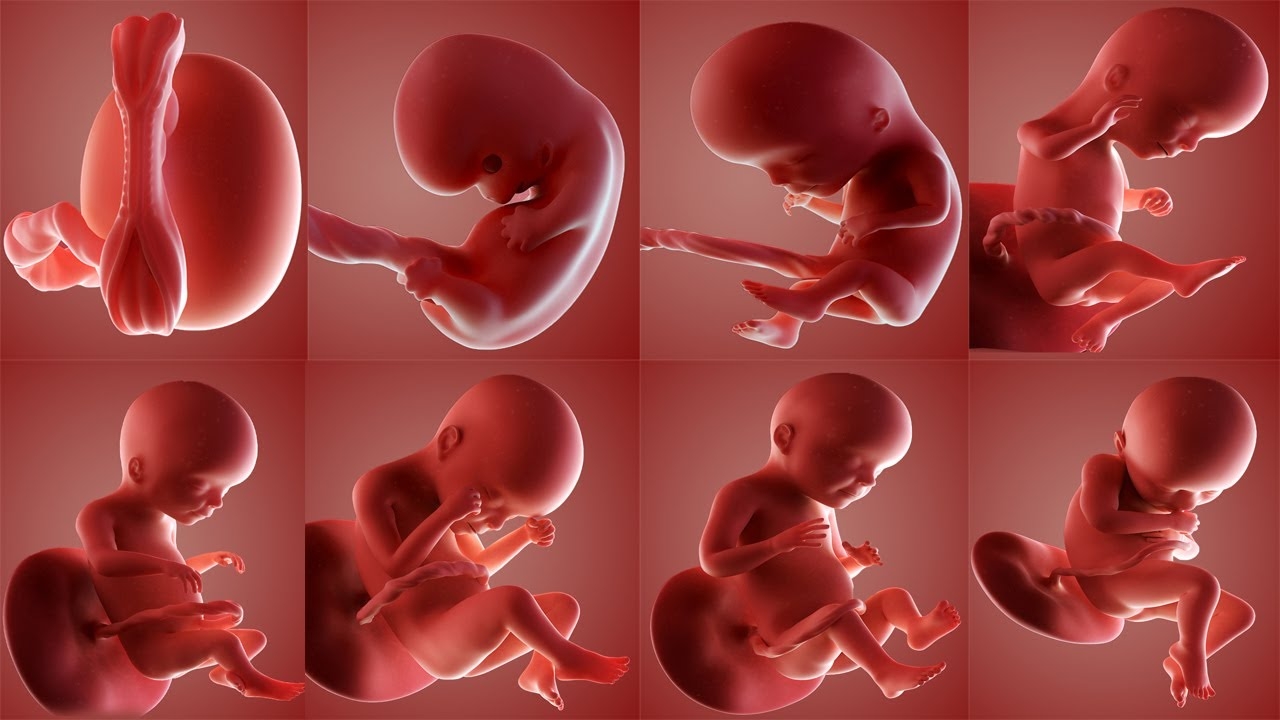 Source: bing.com
Source: bing.comCongratulations on your new bundle of joy! Your little one is now one week old and there are so many exciting developments happening. From physical changes to feeding patterns, let’s take a closer look at what you can expect in your baby’s first week of life.
Table of Contents
Physical Changes
In the first week after birth, your baby’s body is still adjusting to life outside of the womb. At this stage, your baby may still have some of the vernix (the white, waxy substance that covers newborns) on their skin. Don’t worry, this will naturally absorb into the skin over the next few days.
Your baby’s umbilical cord stump may also still be attached, but it will dry out and fall off on its own within the next week or two. Until then, make sure to keep the area clean and dry.
Your baby’s head may still be slightly misshapen from the journey through the birth canal, but this should begin to improve over the next few weeks. In fact, you may notice that your baby’s head seems to be growing quickly in the first few weeks of life.
Feeding Patterns
Your baby’s feeding patterns may be unpredictable in the first week of life. Some babies may want to nurse constantly, while others may seem to sleep through feedings. It’s important to watch for signs of hunger, such as rooting or sucking on their fists or fingers.
On average, newborns will nurse around 8-12 times a day. Keep in mind that every baby is different, so don’t worry if your little one doesn’t fit into this exact pattern.
If you’re having trouble with breastfeeding or have concerns about your baby’s weight gain, don’t hesitate to reach out to your healthcare provider or a lactation consultant for support.
Sleep Patterns
Newborns sleep a lot, but their sleep patterns can be unpredictable in the first few weeks of life. Your baby may sleep for a few hours at a time, or they may seem to sleep for hours on end.
It’s important to remember that in the first few weeks of life, your baby’s sleep patterns are still developing. Some babies may start to sleep for longer stretches at night around the 6-8 week mark, while others may take a little longer to settle into a routine.
Developmental Milestones
In the first week of life, your baby is likely focused on adjusting to their new environment and getting plenty of rest and nourishment. However, there are a few developmental milestones you may notice:
- Your baby may start to lift their head briefly while on their tummy
- They may turn their head towards your voice or other sounds
- Your baby may grasp onto your finger if you touch their palm
When to Call Your Healthcare Provider
While many aspects of your baby’s first week of life are exciting, it’s important to keep an eye out for any signs of illness or concerns. Contact your healthcare provider if:
- Your baby seems lethargic or unresponsive
- They have a fever (a rectal temperature of 100.4°F or higher)
- Your baby is having trouble breathing or is breathing rapidly
- You notice any signs of jaundice (yellowing of the skin or eyes)
- Your baby has not had a wet diaper in over 12 hours
Remember, every baby is unique and will develop at their own pace. Enjoy this special time with your little one and don’t hesitate to reach out to your healthcare provider or other trusted resources for support!
Frequently Asked Questions
Q: How often should I be feeding my baby in the first week?
A: On average, newborns will nurse around 8-12 times a day, but every baby is different. Watch for signs of hunger, such as rooting or sucking on their fists or fingers.
Q: When will my baby’s umbilical cord stump fall off?
A: Your baby’s umbilical cord stump will dry out and fall off on its own within the next week or two. Until then, make sure to keep the area clean and dry.
Q: Should I be concerned if my baby’s head seems misshapen?
A: It’s common for newborns to have slightly misshapen heads in the first week after birth. This should begin to improve over the next few weeks.
Q: When should I contact my healthcare provider?
A: Contact your healthcare provider if your baby seems lethargic or unresponsive, has a fever, is having trouble breathing, shows signs of jaundice, or has not had a wet diaper in over 12 hours.
Q: When will my baby start sleeping for longer stretches at night?
A: Every baby is different, but some babies may start to sleep for longer stretches at night around the 6-8 week mark.
